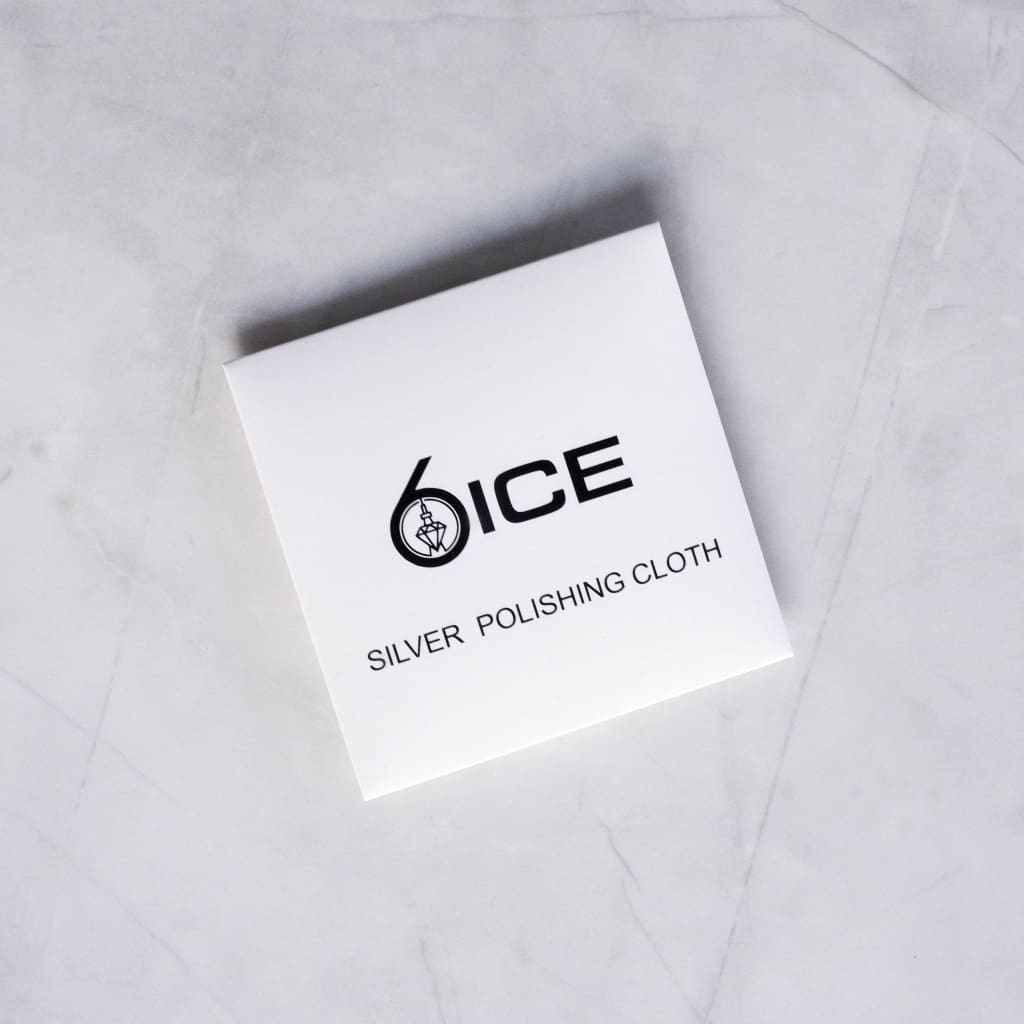Jewelry Cleaning Cloth
Achieve a briliant shine with our high-quality polishing cloth
$0
$20

Your Cart Is Empty
SHIPS TOMORROW FROM ATLANTA, USA
FREE GIFT
FREE SHIPPING
Add Moissanite jewelry to your order and receive a free gift: diamond tester.
Achieve a briliant shine with our high-quality polishing cloth

Your Cart Is Empty
Your purchase must be $100 and over to get a Free Secret Chain!
Your purchase must be $150 and over to get the Free Gift!
Spend $69+ and get a FREE 2mm Tennis Chain (worth $119) with any purchase


Offer ends in 10:00

(352 reviews)
Upgrade your order with this stunning piece to match with your other items.
$75
$299
$75
$299
$75
$299
Decline this offer
8TH ANNIVERSARY 70% OFF - ENDS IN ::

Sign up for our newsletter and get a free secret chain with your first orders above $100
By submitting your email you agree to our Terms of Use and Sale and Privacy Policy. You will receive email communications from us for marketing, informational, and promotional purposes and can opt-out at any time.
SHOP BY COLLECTION
SHOP BY CATEGORY
DEALS
CLOTHING
SHOP BY CATEGORY
SHOP BY COLLECTION
DEALS
As a professional in the field of metalworking or jewelry crafting, you know the importance of providing top-notch products to your customers. One aspect that cannot be overlooked is the issue of metal allergies. Hypoallergenic metals play a significant role in ensuring that your creations can be enjoyed by everyone, regardless of their skin sensitivities. In this article, we will delve into the realm of hypoallergenic metals, exploring their characteristics and benefits, so you can enhance your expertise and offer the finest hypoallergenic options to your clientele.
Hypoallergenic metals are metals that are less likely to cause an allergic reaction in individuals with sensitive skin. These metals are specifically chosen for their low reactivity and minimal presence of allergy in the substances, reducing the risk of skin allergies. Common hypoallergenic metals include titanium, stainless steel, platinum, and certain types of gold, such as 18k gold. These metals are often used in jewelry and other metal-based products to provide a safer and more comfortable option for those prone to metal allergies. By understanding and utilizing hypoallergenic metals, metalworkers and jewelers can offer their customers a wider range of choices while ensuring their products are suitable for individuals with sensitive skin and allergies.
Some of the most well-known hypoallergenic metals include:

Metals that are considered non-hypoallergenic and have a higher likelihood of causing allergic reactions in individuals with sensitive skin include:
Here is a list of hypoallergenic jewelry types that are commonly considered safe for individuals with sensitive skin:
Hypoallergenic bracelets made from metals like titanium, stainless steel, platinum, or niobium can be worn comfortably without causing allergic reactions.
Hypoallergenic earrings are available in various styles, including studs, hoops, and dangle earrings. Look for earrings made from hypoallergenic metals like titanium, stainless steel, platinum, or niobium.
Hypoallergenic rings are a popular choice for individuals with sensitive skin. Consider rings made from hypoallergenic metals like titanium, stainless steel, platinum, or gold with a higher karat, such as 18k or 24k.
Hypoallergenic chains made from titanium, stainless steel, platinum, or niobium are comfortable and stylish options for individuals with sensitive skin. They offer a range of designs to suit personal styles without causing allergic reactions.
To sum up, hypoallergenic metals play a crucial role in the world of jewelry and metalworking. By opting for metals such as titanium, stainless steel, platinum, and niobium, professionals can offer hypoallergenic options that prioritize the well-being of their customers. The use of these metals ensures that individuals with sensitive skin can enjoy wearing jewelry without the fear of allergic reactions, ultimately enhancing their overall experience and satisfaction.
Discover the epitome of refined luxury with 6 Ice's extraordinary assortment of fine jewelry. Immerse yourself in the meticulous artistry showcased in our exquisitely crafted chains, mesmerizing rings, and alluring bracelets. Whether you are captivated by our iconic designs or seeking a truly unique masterpiece, our unwavering dedication to uncompromising quality guarantees that each piece is a testament to exceptional craftsmanship. Elevate your style and leave a lasting impression with the perfect accessory from 6 Ice.
Sources
Be the first to hear about new product releases and VIP deals

Gifting has never been easier
Perfect if you're short on time or are unable to deliver your gift yourself. Enter your message and select when to send it.